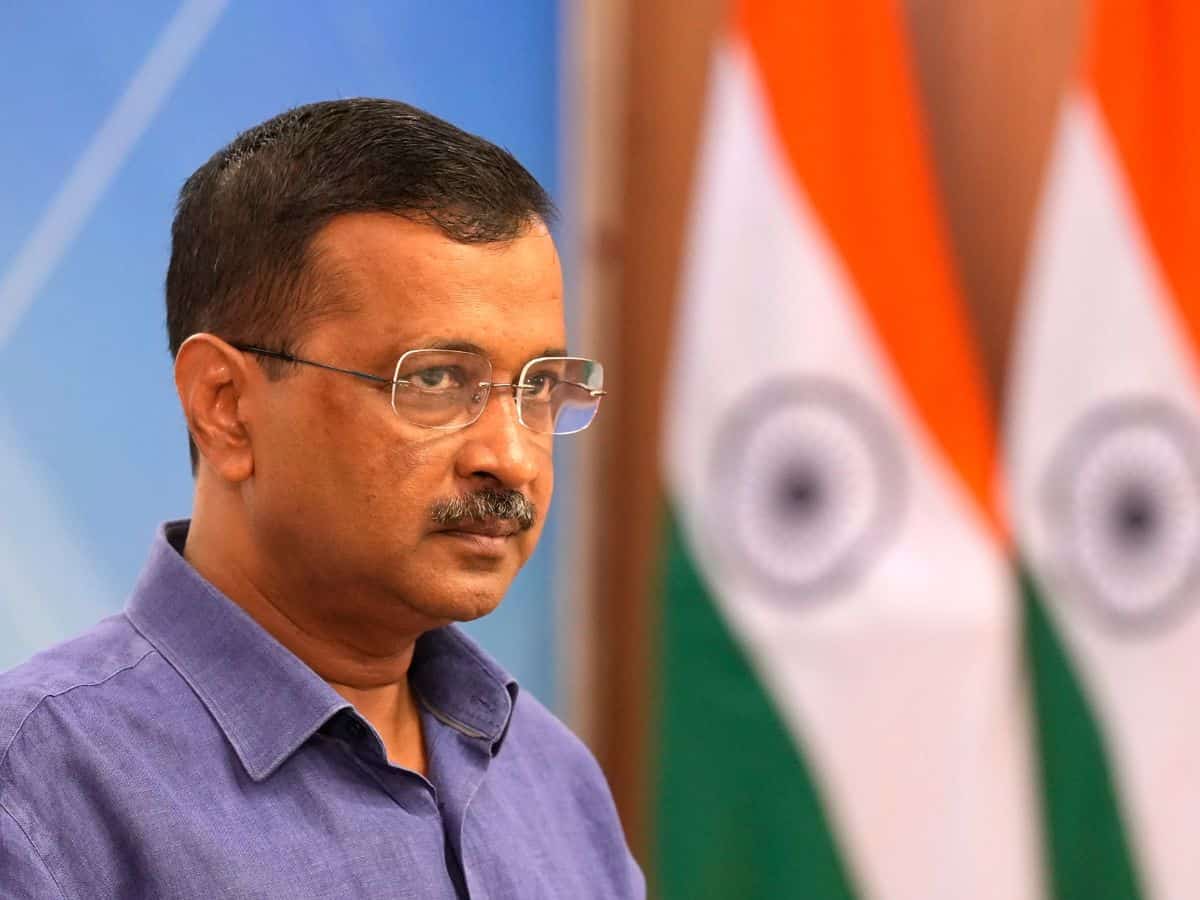
New Delhi: The Delhi High Court reserved on Wednesday its order on Chief Minister Arvind Kejriwal’s pleas challenging his arrest by the CBI in the excise policy case and seeking interim bail.
Kejriwal’s senior counsel not only assailed his arrest by the Central Bureau of Investigation (CBI) but also sought his release on bail in the case.
Justice Neena Bansal Krishna, who conducted the proceedings on a holiday on account of Muharram, heard the arguments advanced by the lawyers of Kejriwal and the CBI and reserved its order on the petitions.
The high court has listed his regular bail plea for further arguments on July 29.
During the hearing, senior advocate Abhishek Singhvi, representing the Aam Aadmi Party (AAP) national convenor, termed his arrest by the CBI an “insurance arrest” to stop him from walking out of jail.
“It is unfortunately an insurance arrest. I have effectively three release orders in my favour (in the ED case) under very stringent provisions… These orders show that the man is entitled to be released. He would have been released but for this insurance arrest,” he contended.
Asserting that Kejriwal was “not a terrorist” but the chief minister of Delhi, Singhvi said his arrest was not as per the mandate of the law and being the chief minister, he was entitled to bail.
On behalf of the CBI, advocate D P Singh opposed the two pleas of Kejriwal and said terming the arrest an “insurance arrest” was unjustified.
Kejriwal was arrested by the CBI on June 26 from Tihar Jail, where he is still lodged in judicial custody in a connected money laundering case filed by the Enforcement Directorate (ED).
The chief minister, who was arrested by the ED on March 21, was granted bail by the trial court in the money laundering case on June 20. However, the trial court’s order was stayed by the high court.
On July 12, the Supreme Court granted interim bail to Kejriwal in the money laundering case.
The excise policy was scrapped in 2022 after the Delhi lieutenant governor ordered a CBI probe into alleged irregularities and corruption involving the formulation and execution of the policy.
According to the CBI and the ED, irregularities were committed while modifying the excise policy and undue favours extended to licence holders.
